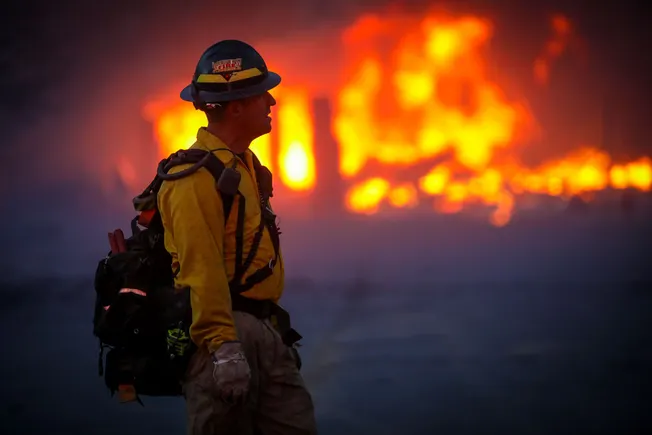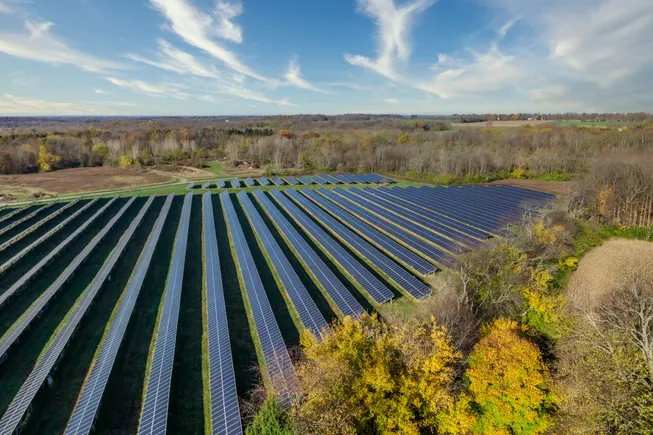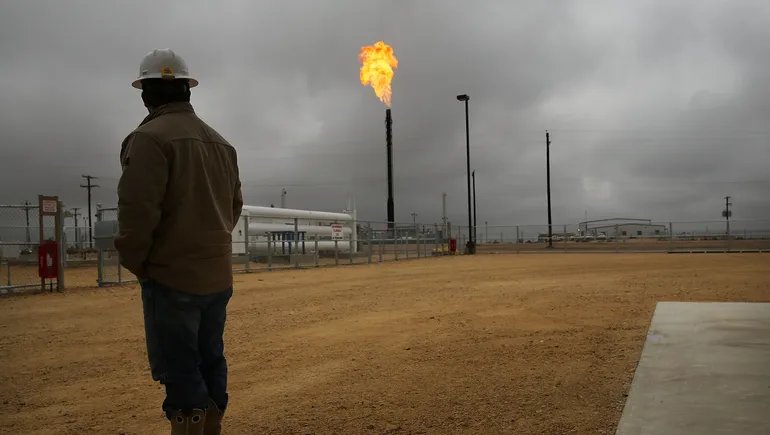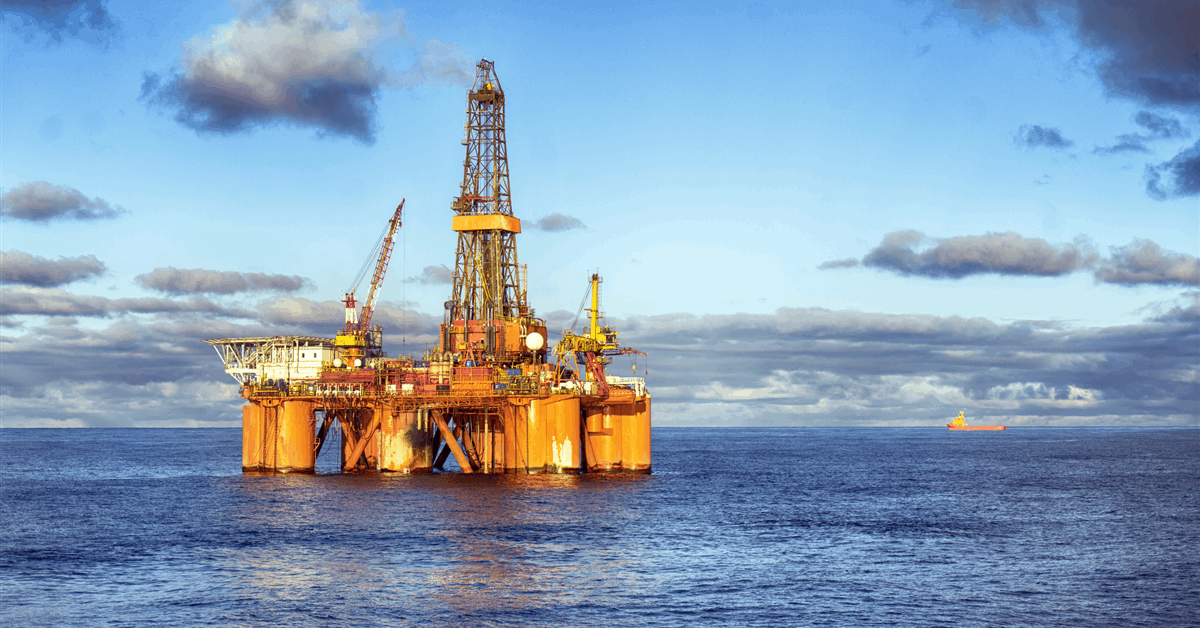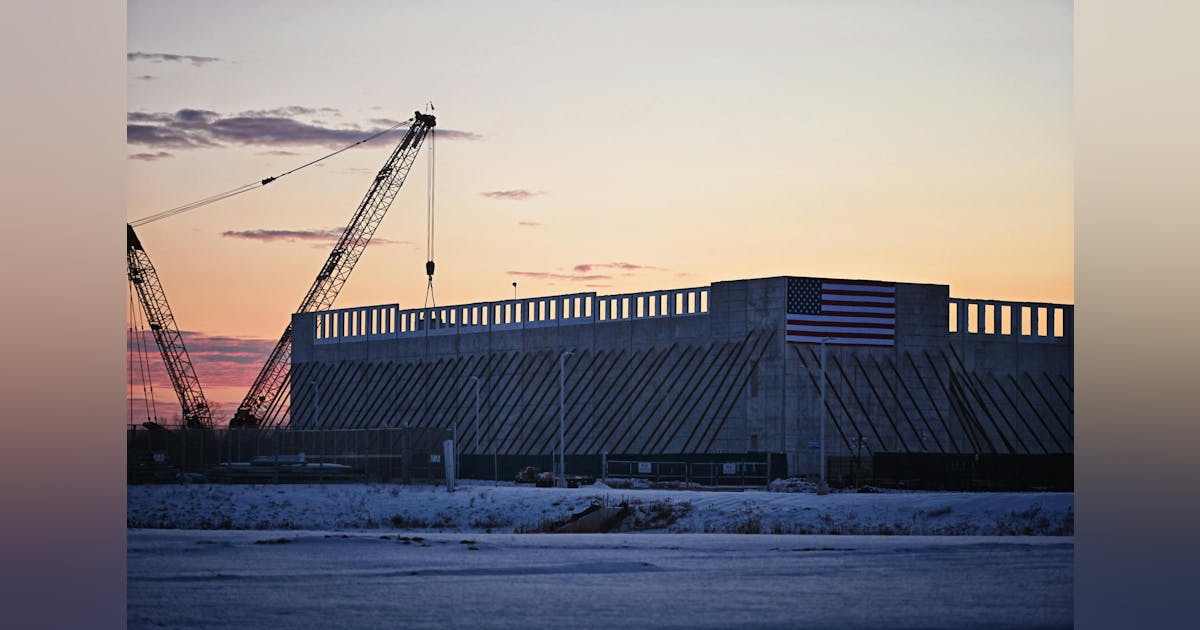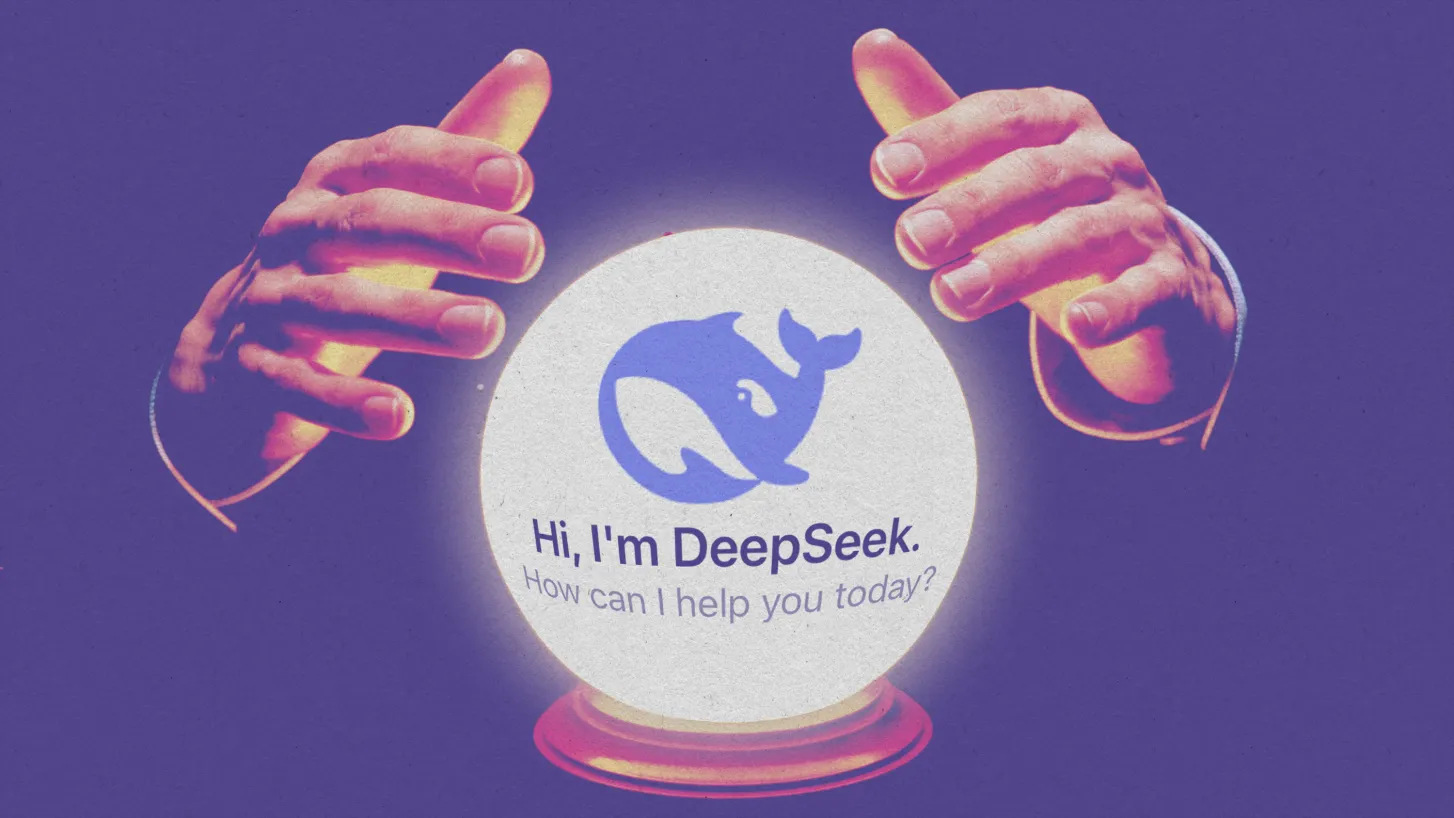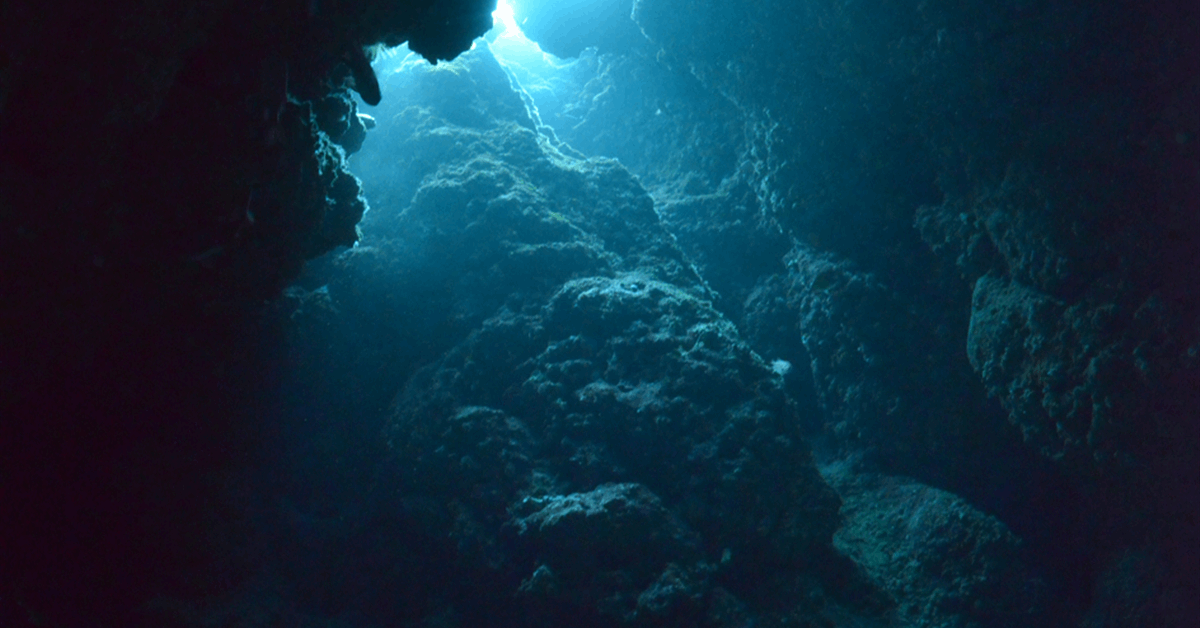
The U.S. National Oceanic and Atmospheric Administration (NOAA) announced in a statement posted on its site recently that it and Fugro have partnered “to accelerate deep ocean mapping [and] characterization”.
The statement noted that NOAA Ocean Exploration and Fugro have signed a cooperative research and development agreement (CRADA) “to develop and use uncrewed systems for ocean exploration to enhance the efficiency, reach, and impact of NOAA’s mission to explore the deep ocean”.
“This collaboration unites NOAA’s scientific and operational excellence with Fugro’s cutting-edge technological expertise to expand ocean exploration capabilities,” the statement added.
According to the statement, the agreement “focuses on the key objectives of seeking better ways to operate ocean exploration missions using remote technology, developing tools that enable scientists to control underwater robots in real-time from distant locations, and creating new sensors that can aid in environmental baseline studies, including the observation of critical minerals”.
This agreement also enables NOAA and Fugro to coordinate on the use of ships, USVs, underwater devices and buoys that transmit data, the statement said.
“Together, NOAA and Fugro plan to advance remote mission control, develop cloud-based workflows, and improve real-time data delivery through high-bandwidth communications,” the statement added.
NOAA noted in the statement that Fugro’s “extensive experience operating uncrewed vehicles, providing data services and remotely managing offshore systems and assets makes it a valuable partner for NOAA as they explore previously unexplored or poorly explored areas of the deep ocean”.
“While Fugro and NOAA Ocean Exploration will develop specific projects together in the coming months, the CRADA lays the groundwork for ongoing collaboration and innovation between the public and private sectors,” NOAA highlighted.
NOAA said in the statement that this CRADA “reflects NOAA Ocean Exploration’s broader mission to unlock the mysteries of the deep ocean and enable the sustainable use of marine resources through partnerships, technology, and scientific discovery”.
The organization highlighted in the statement that it regularly partners with private sector companies through CRADAs “to conduct research and development work that is mutually beneficial to accomplish NOAA’s mission”. NOAA CRADAs are coordinated through NOAA Research’s Office of Research, Transition and Application Technology Partnerships Office, NOAA pointed out in the statement.
“NOAA Ocean Exploration is on a mission to accelerate the scope, pace, and precision of ocean mapping and characterization, and this strategic partnership will help us do exactly that,” NOAA Corps Capt. William Mowitt, acting director of NOAA Ocean Exploration, said in the statement.
Céline Gerson, Fugro’s group director for the Americas and president of Fugro USA, said in the statement, “we’re entering an exciting new era of deep ocean mapping”.
“Our more than 25-year collaboration with NOAA has paved the way for this progress. From introducing remote survey operations on crewed vessels to advancing fully remote, cloud-connected systems, we’re proud to help NOAA shape the future of ocean science through innovation and shared purpose,” Gerson added.
NOAA’s website notes that NOAA Ocean Exploration is the only federal program dedicated to exploring the unknown ocean, unlocking its potential through scientific discovery, technological advancements, partnerships, data delivery, and education.
“By leading national efforts to fill gaps in basic understanding of the deep-ocean environment, we are providing critical data, information, and awareness needed to protect American livelihoods, strengthen national security, and promote a vibrant U.S. economy,” the site adds.
A factsheet posted on NOAA’s site highlights that “America’s economic prosperity, security, and health are deeply connected to the vast ocean that touches our shores”.
“Our ocean waters hold extensive natural and energy resources, generate jobs, safeguard our country, support areas of ecological value, allow the transportation of goods and services, and more. Yet our understanding of these ocean waters remains limited,” it adds.
Fugro describes itself on its site as “the world’s leading geo-data specialist”. Fugro’s site highlights that the company “serve[s] customers in … three key markets: energy, water and infrastructure”.
Last month, the company announced in a statement posted on its site that it had recently been awarded “multiple contracts to perform comprehensive offshore and onshore surveys in the United Arab Emirates, supporting two of the region’s largest long-term field development programs”.
“These projects mark a major milestone in Fugro’s continued contribution to the sustainable advancement of the Middle East’s energy sector,” Fugro said in that statement, adding that, in August, it would “deploy its advanced geophysical, geotechnical, uncrewed surface vessel (USV), and environmental expertise, as well as the innovative GroundIQ technology”.
“These will be complemented by cutting-edge engineering and geo-consulting services to support our strategic client’s Front End Engineering Design (FEED) process,” Fugro continued.
The company noted in that statement that its scopes of work include surveys for pipelines, cables, artificial islands, and offshore structures.
To contact the author, email [email protected]



